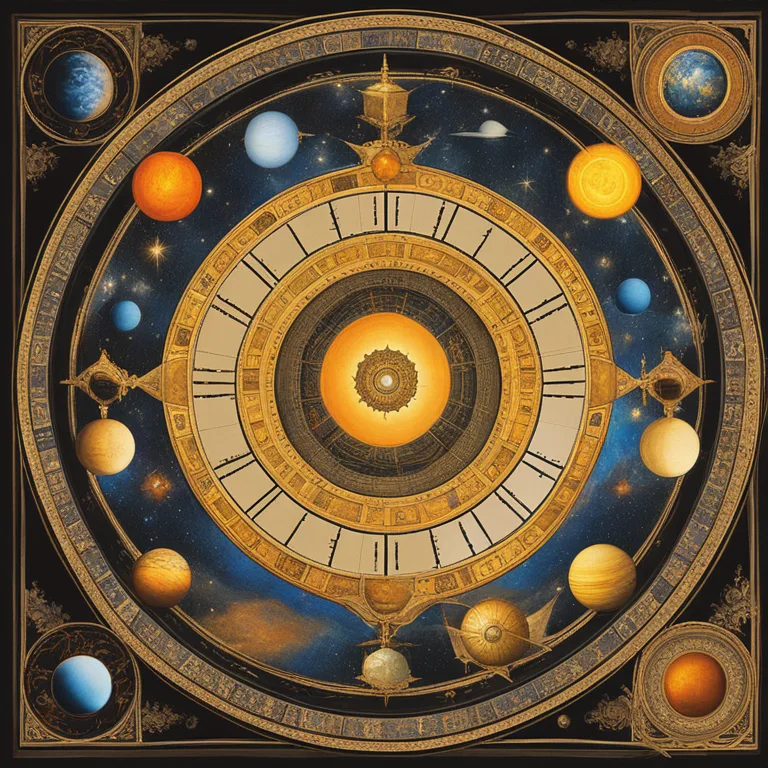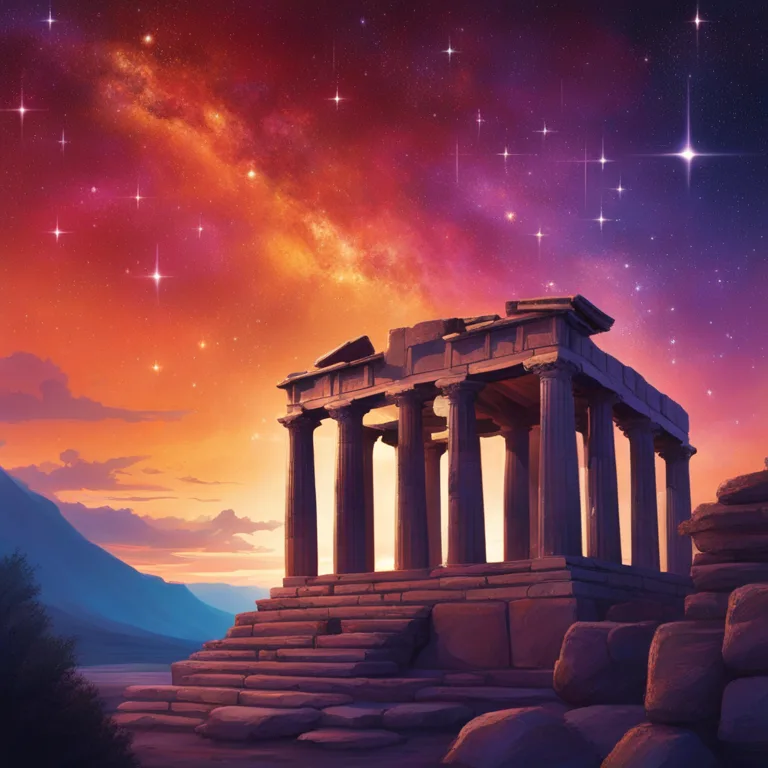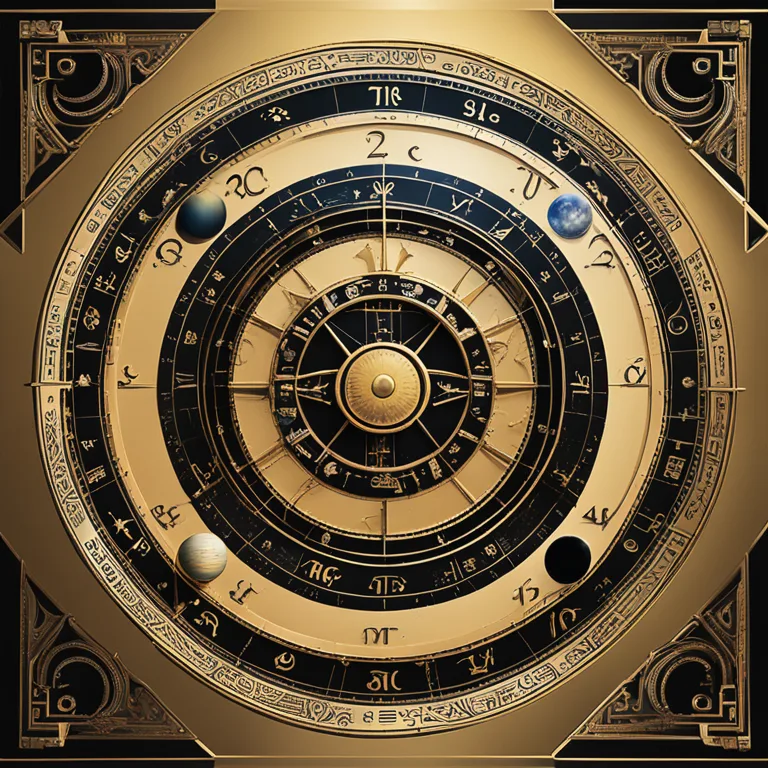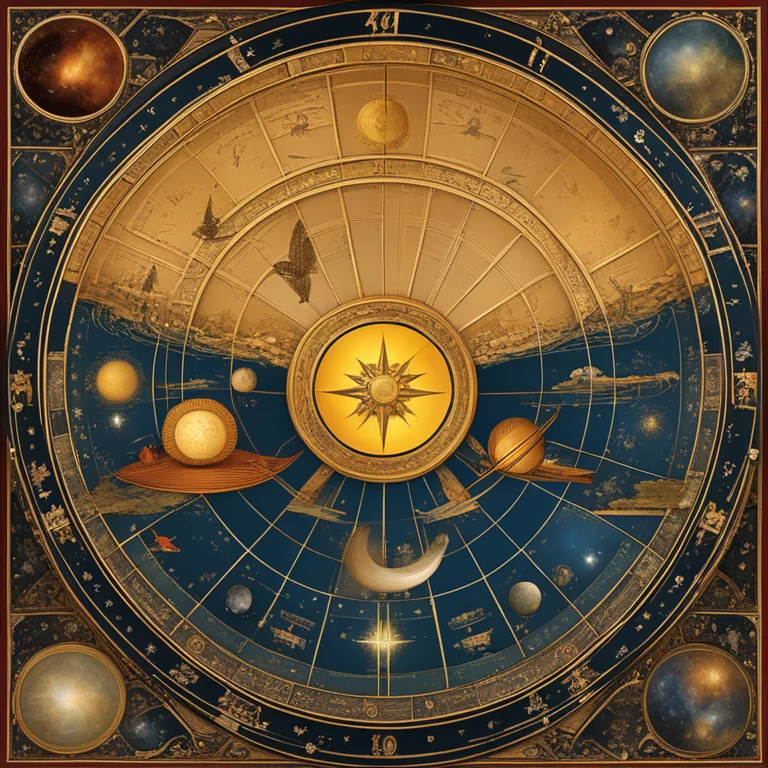
The Roots of Astrology
Trace the historical journey of astrology from ancient traditions to its modern-day relevance.
article by Priya Deshmukh
Primordial Beginnings
The concept of astrology, an ancient practice that suggests the positioning and movement of celestial bodies influence human affairs and natural phenomena, has been part of human civilization for millennia. It emerged independently in various cultures, such as the Babylonians, Mayans, and Chinese, each with their own specific systems and interpretations. The Babylonians are credited with forming the earliest comprehensive system of astrology on record, dating back to the 2nd millennium BCE, which significantly influenced subsequent Hellenistic and Western astrology.

Greek Influence and the Zodiac
The Western zodiac, the cornerstone of Western astrology, has its roots deeply entrenched in Hellenistic culture. After adopting astrology from the Babylonians, the Greeks synthesized it with their own mythology, laying the groundwork for the Tropical zodiac. The familiar twelve zodiac signs, symbols, and horoscopes associated with Greek astrology would serve as a basis for astrological practice for centuries to come, enduring through the Roman era and into the present day.

Astrology's Expansion and Evolution
As empires expanded and cultures intermingled, astrology traveled and transformed. During the Islamic Golden Age, Arabic texts translated and expanded upon Hellenistic astrology, which were later reintroduced to Europe in the Medieval period. It's during these periods that astrology started to take its modern shape, diversifying in interpretation but always reflecting humanity's desire to find meaning in the heavens. Throughout the Renaissance, astrologers were integral to scientific inquiry, although the subsequent rise of empirical science began to overshadow astrological practices.

The Modern Astrological Renaissance
Despite the decline in the reputation of astrology during the age of reason, the 20th century witnessed a rekindled interest in this ancient art. Astrology segments became common in newspapers and magazines, and psychological astrology, a fusion of Jungian psychology and traditional practices, grabbed public attention. As we move farther into the 21st century and step into 2024, astrology continues to evolve digitally, with online horoscopes and astrological services becoming ever more personalized and accessible.

Astrology Today and Tomorrow
Today, astrology remains a popular framework for self-reflection and forecasting. Looking at horoscopes for the year 2024 and beyond, practitioners now use sophisticated software to calculate precise astrological charts. This leap in technology ensures that astrological readings can be more accurate and individualistic than ever before, allowing people to explore their personal growth trajectories and romantic compatibilities with unparalleled specificity.
Interpreting the Stars in the 21st Century
Astrology now transcends mere divination; it's a cultural touchstone that interacts with various aspects of life, from spiritual practices to daily decision-making. Whether you’re mapping out your biorhythms to optimize well-being, or analyzing your birth chart for hidden talents, the age-old practice of astrology has found its contemporary niche. It continues to foster a sense of connectedness with the cosmos, helping people navigate the future's uncertainties with the celestial guidance of the stars.
Published: 12/29/2023
Modified: 12/29/2023
More predictions
Come back here soon to learn more about yourself and your future


The Rhythms of Your Birth Chart
Delve into the significance of your birth chart and what the celestial patterns at your birth reveal about your potential, personality, and life path.


Birth Charts: A Beginner's Guide Explored
Delve into the basics of birth charts, the celestial snapshot of your potential. Learn how they influence personality and life in our beginner's guide.


Your Birth Chart: Cosmic Blueprint Explored
Delve into the insights of your astrological birth chart and discover the cosmic influences that shape your personality, path, and potential.